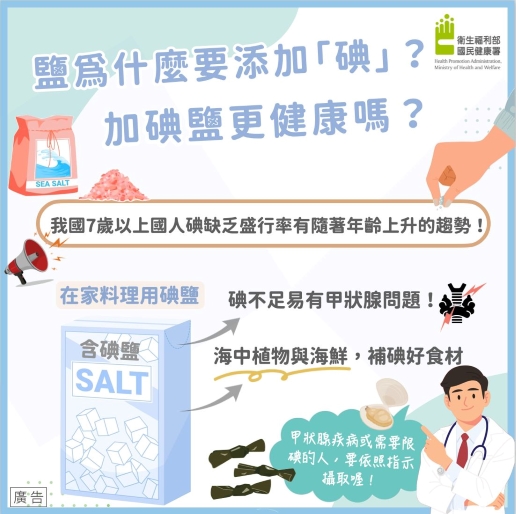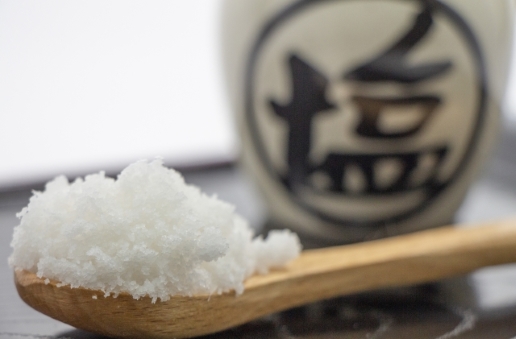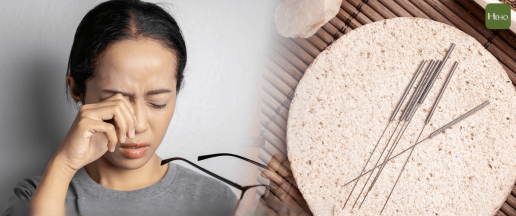In recent years, natural diets have become a hot topic, with many people choosing rock salt or pink Himalayan salt as seasoning, but the health value of iodized salt is often overlooked. The National Health Agency posted on their Facebook page "Healthy Eating" that, according to domestic surveys, the prevalence of iodine deficiency among people over 7 years old increases with age, indicating that iodine deficiency has become a health issue that cannot be ignored. Why Add "Iodine" to Salt? Is Iodized Salt Healthier? (Photo / Taken from "Healthy Eating" Facebook Page)
Why Add "Iodine" to Salt? Is Iodized Salt Healthier? (Photo / Taken from "Healthy Eating" Facebook Page)
The Role and Importance of Iodine
Iodine is an essential nutrient that the body cannot synthesize on its own and must be obtained through food. Iodine is involved in the synthesis of thyroid hormones, which regulate metabolism, promote growth and development, and maintain the function of the nervous system. If iodine intake is insufficient, it can lead to thyroid enlargement, fatigue, and other health problems.
Why Add Iodine to Salt?
In the early days of Taiwan, iodine deficiency was common, leading to frequent cases of thyroid enlargement. To address this issue, the government promoted iodized salt, allowing the public to supplement iodine through daily seasoning, which became an effective measure to prevent iodine deficiency.
How to Get Sufficient Iodine?
Iodine is mainly stored in the ocean through ecological cycles, so sea vegetables like kelp and nori contain high levels of iodine, followed by seafood. It is recommended to regularly consume these foods or replace regular table salt with iodized salt to moderately supplement dietary iodine and achieve an appropriate intake level. However, it is important to note that the daily intake of salt should not exceed 6 grams.
Expert Reminder: Pay Attention to Individual Needs
For those with thyroid disease or those who need to limit iodine intake, it is advisable to consult a doctor or nutritionist before using iodized salt to avoid excessive or insufficient intake that may affect health.
Iodized salt products, such as "iodized salt," "salt with iodine," or "fortified salt," are available on the market. Choosing the right diet for yourself can add to your health.







